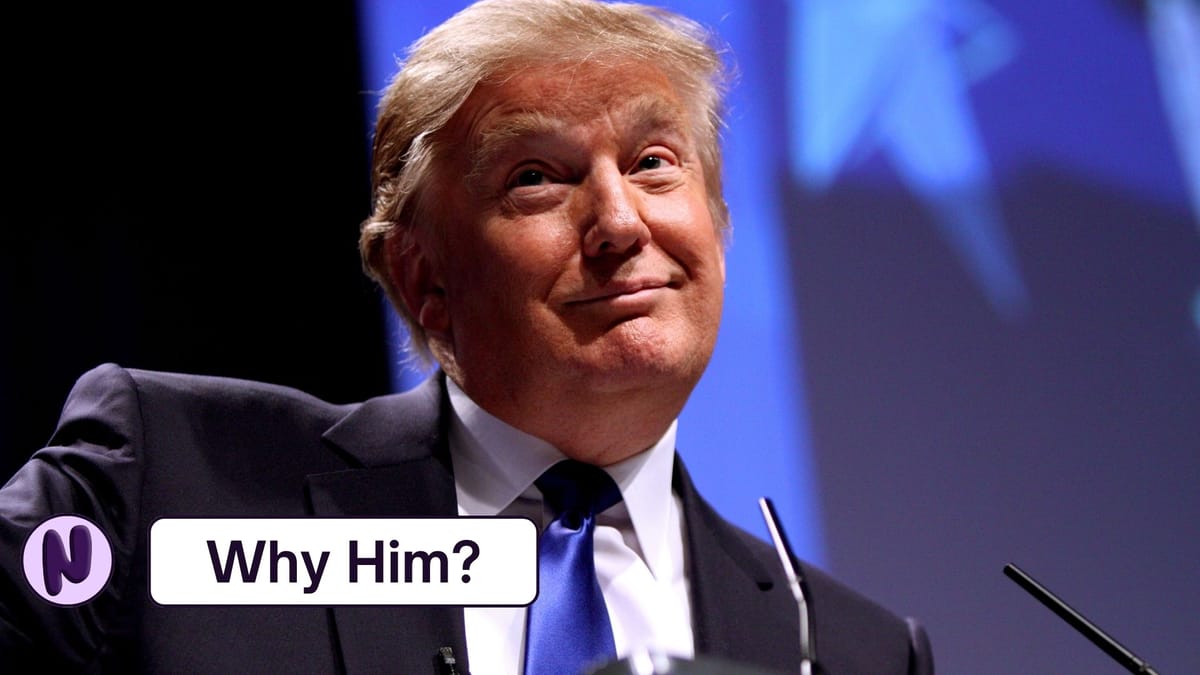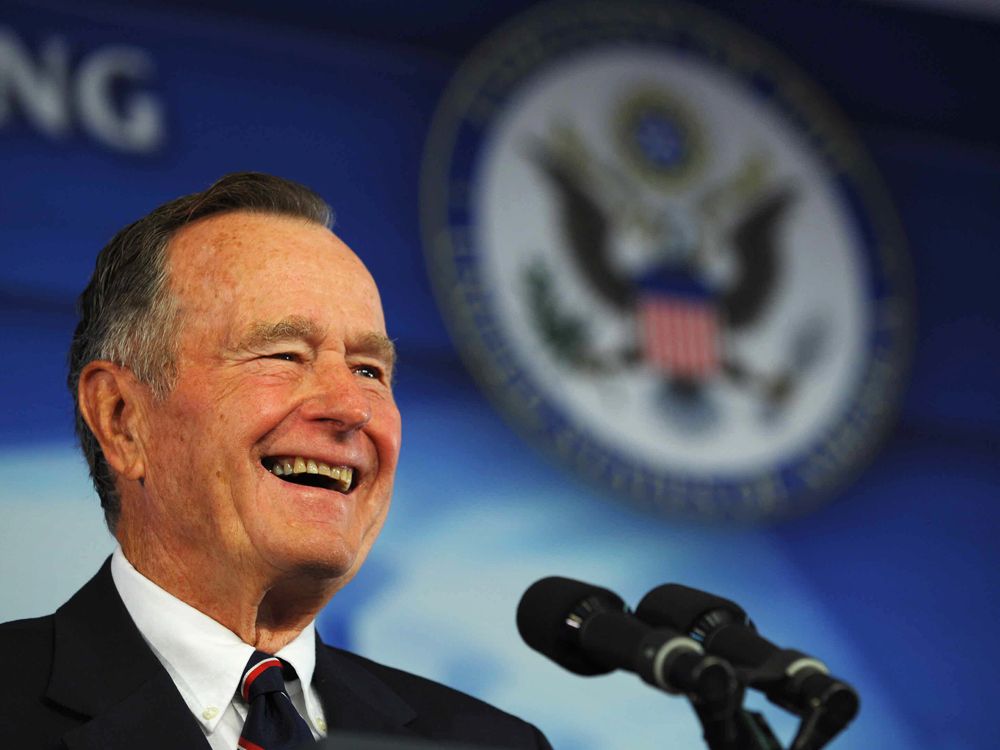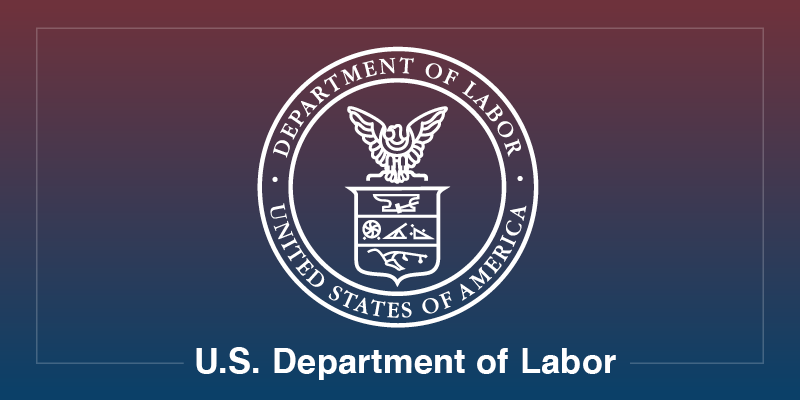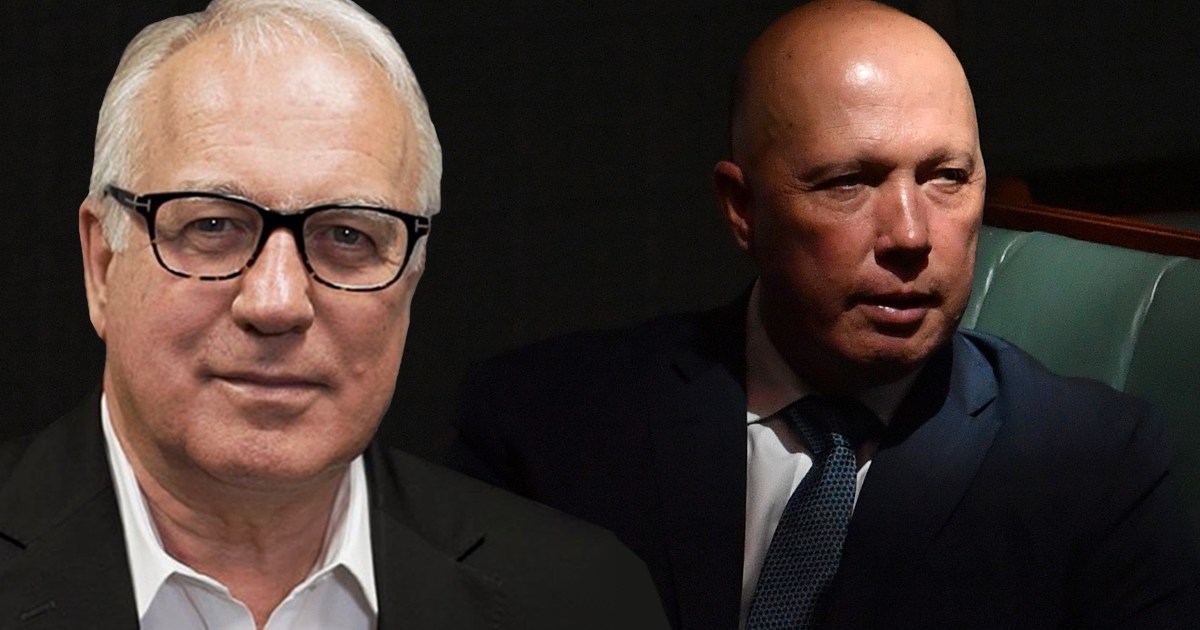Why Him?
Billy explores the lessons of the US election result for the 2025 Federal election.

I’ve seen many people express a deep concern that, in the wake of the U.S. Presidential election, they feel women (but also other marginalised groups) have been rejected by the American people in favour of a tyrant. We, from across the ocean, may feel confused by this result. However, treating it as a declarative statement from the U.S. populace would be a fundamental misunderstanding of how the pendulum of electoral politics operates there and everywhere else.
When thinking about elections we should always keep political strategist James Carville’s saying in the back of our minds: ‘It’s the economy, stupid’. He was the lead strategist for Bill Clinton’s successful campaign against George Bush Senior. Only now has inflation in the U.S. been as high as it was when George H.W. Bush lost. President Jimmy Carter before then, in 1980, was also dealing with a stubborn inflation crisis. Nothing could be done to fix it, and nothing could save Carter from a wipe-out defeat to Ronald Reagan that year. Carter had gotten unemployment under control, and Bush Senior was riding high thanks to his military success in the Gulf War. Yet inflation left them with no chance of success.
You may think electing Donald Trump back to office won’t help the economy. You would be right. In fact, some scenarios that have been modelled could see our interest rates begin to rise. So why Trump? Let’s explain it in his own words: ‘I’m not President right now’. To win an election it isn’t enough to be a better economic manager than the other guy. You must be a good one, period. The absence of any eye-catching, mouth-watering policies helped ensure the Democrat’s defeat. They ran a hell of a scare campaign but that works a lot better when you’re out of power. Americans needed something to justify them renewing the lease on the government. That potentially explains why it was so much easier to beat Trump when he was the incumbent.
I wish it were deeper than that, but the truth is an election is a thumbs-up or a thumbs-down assessment of the government, and when you only have two viable options, a thumbs-down is a point for Trump. Senator Bernie Sanders said after the result that ‘It should come as no great surprise that a Democratic Party which has abandoned working-class people would find that the working class has abandoned them’. Trump, for blue-collar working people, for those in jobs like manufacturing, who are concerned about China economically, is like Bernie Sanders. He excites them, riles them up, and thus they show up to vote for him. A large failing in the Harris campaign was trying to peel off some of those enthused Trump voters, rather than creating their own excitement. In voluntary elections, it’s all about that base. Expecting one party’s voter base to switch to you in trying times like these has worked as well as expected. One Democrat operative says they sent data to the Harris campaign to highlight that Republicans are going to back their party to the hilt and that the campaign should focus on energising their base. Another warned that aligning with Dick and Liz Cheney wasn’t going to help win anyone from the Republicans over and that it would actually lose them support from their base. Thinking this would help indicates the campaign’s misunderstanding of how political capital can evaporate over time. This just simply isn’t the Cheney’s Republican party anymore.
Whether or not tariffs will help or hurt, and they’re more likely to hurt, saying you will do something is popular. Richard Nixon coasted to reelection in part because of his price and wage freeze, which was incredibly popular but backfired economically after the election.
The Labor Queensland State Government was a government recently running for a fourth term in office that managed to avoid the landslide defeat that was expected through cost-of-living relief. Regardless, they lost, but it proves an important lesson that government management of the economy can be just as important as economic indicators like inflation. The failure of the Biden Administration to consider implementing some form of noticeable cost of living relief. Queensland Labor’s 50 cent fares helped keep their head above the water because it was so noticeable: you hardly needed to advertise it. Every time someone got on the bus was a free advert. Politicians these days should remember that people don’t think about them often, so when they do think of you, it is important they think of you on their terms.
The economic impacts of Trump’s policies could have a huge domestic impact on Australia, or they could be overblown. Many government ministers are sure Trump will not blow up the AUKUS agreement. Trump has been eerily silent on the issue. He may choose to keep the deal but try to force new terms on us, like an increase in defence spending. Scott Morrison believes AUKUS is in safe hands, saying ‘You won’t find another defence agreement anywhere in the world where your ally is actually paying to support the industrial base in your own country, in the United States’. I think the concerning thing is if Trump will be 100% in favour of the deal. The way Morrison puts it, it sounds like the Australian government were suckers for agreeing to this deal. I think if Trump sees it the same way AUKUS is safe unless he pulls out of the deal, which would leave Australia out of pocket.
If our economy is rocked by U.S. economic policy, that will make it easier for those wishing to import their style of politics to do so. Though this is far from guaranteed. If China is economically resilient in the face of sanctions. If Opposition Leader Peter Dutton is to succeed in his planned emulation of Trump, he’ll need the economy to keep doing poorly or get worse at a minimum. If that requirement is met, there are still questions as to whether his message can be the working-class whisperer that Trump is. Stoking cultural wars may have helped Dutton secure leadership of his party, but it can’t win him a general election. Who wins and loses in Australia in 2025 will all depend on who can learn the right lessons, not the lessons they like best. We all have our explanations for why Harris lost. We can’t all be right.











